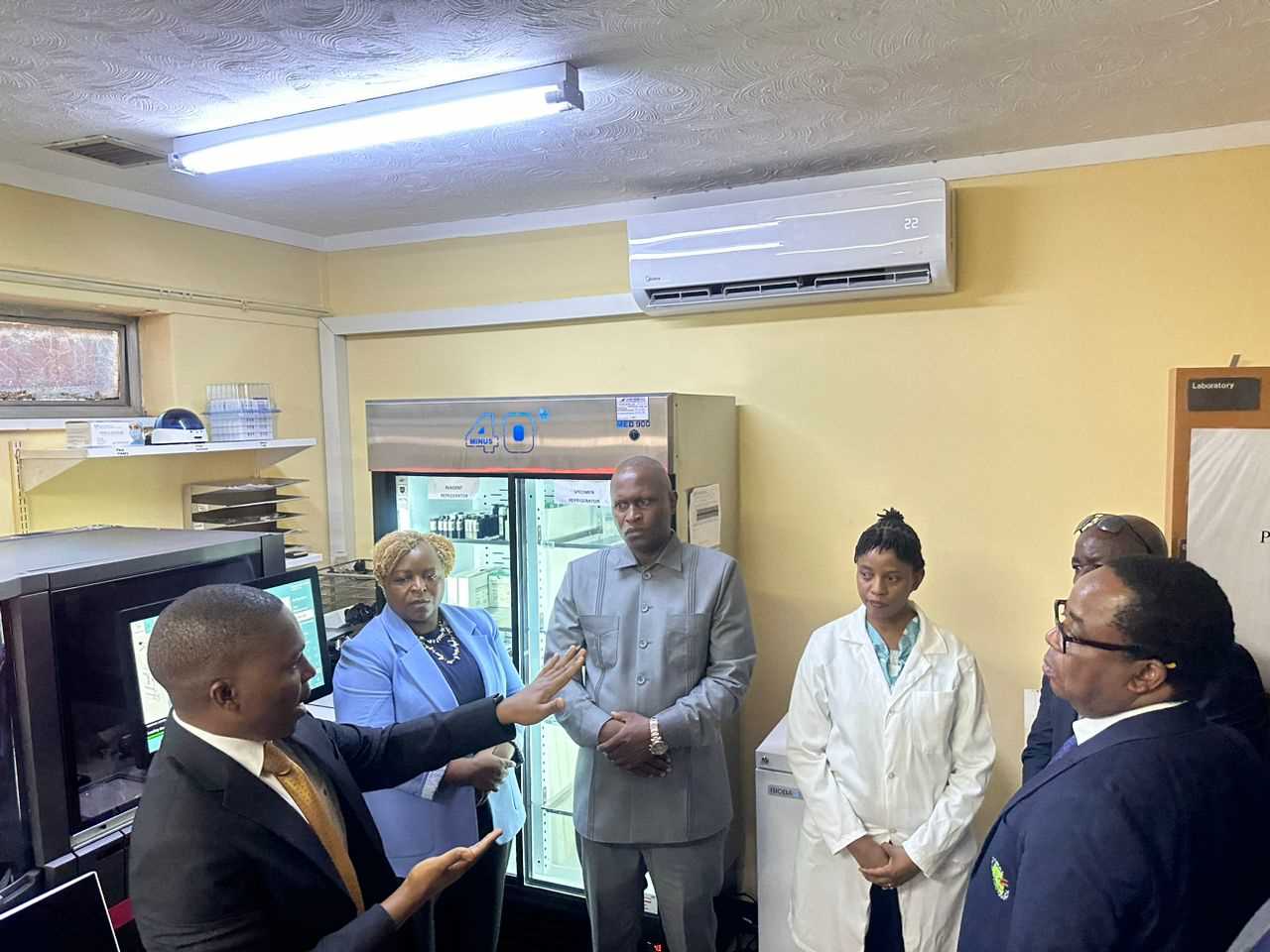
For 36-year-old Linnet Chibema, every dialysis session at Parirenyatwa Group of Hospitals has long felt like a race against time — a race for her life.
Some days, she arrived before sunrise, only to wait for hours for her turn on a machine that hundreds of other patients also depended on.
This week, hope came through a different kind of machine.
The National AIDS Council has injected US$2 million into Parirenyatwa to establish a modern family blood bank and upgrade the renal dialysis unit, promising shorter waiting times and safer procedures for patients like Linnet.
“On behalf of all the patients in this room who are getting dialysis services, we are really grateful for this capital injection from NAC,” Linnet said, her voice heavy with relief. “It will help us get our dialysis on time. We won’t have to wait for long because the resources are now available.”
She added that access remains a challenge for many others.
“If we maybe had dialysis in places like Kariba, it could help a lot. Some of us travel far. And when there’s no water, the machines don’t work.”
For many families, the new equipment represents more than an upgrade — it is a renewed chance at life.
Related Stories
NAC Chief Executive Officer Dr. Bernard Madzima said the investment is part of broader efforts to strengthen essential hospital services nationwide.
“Some of the services which need to be here are the provision of safe blood, and also the provision of renal services, and this is why we came in to support Parirenyatwa Hospital,” he said. “It’s the main referral hospital in the country. We want it to be fully functional and effective.”
The new blood bank, located in Ward C10, is expected to improve timely access to blood. The upgraded dialysis unit, equipped with modern machines and supplies, will make treatment safer and more efficient.
“The two projects have cost about US$2 million,” Dr. Madzima said. “For the renal unit, we’ve purchased reagents worth about US$900,000, and we have also supplied equipment for the family blood bank.”
He added that the Harare rollout will guide future expansions to hospitals in the southern regions, where patients still travel long distances for dialysis.
Health workers say the difference is already visible — fewer anxious faces in waiting rooms, and more confidence among both patients and staff.
Deputy Minister of Health and Child Care, Sleiman Kwidini, said partnerships like this one are critical for sustaining public healthcare.
“It is always good to work with partners who are willing to assist,” he said.










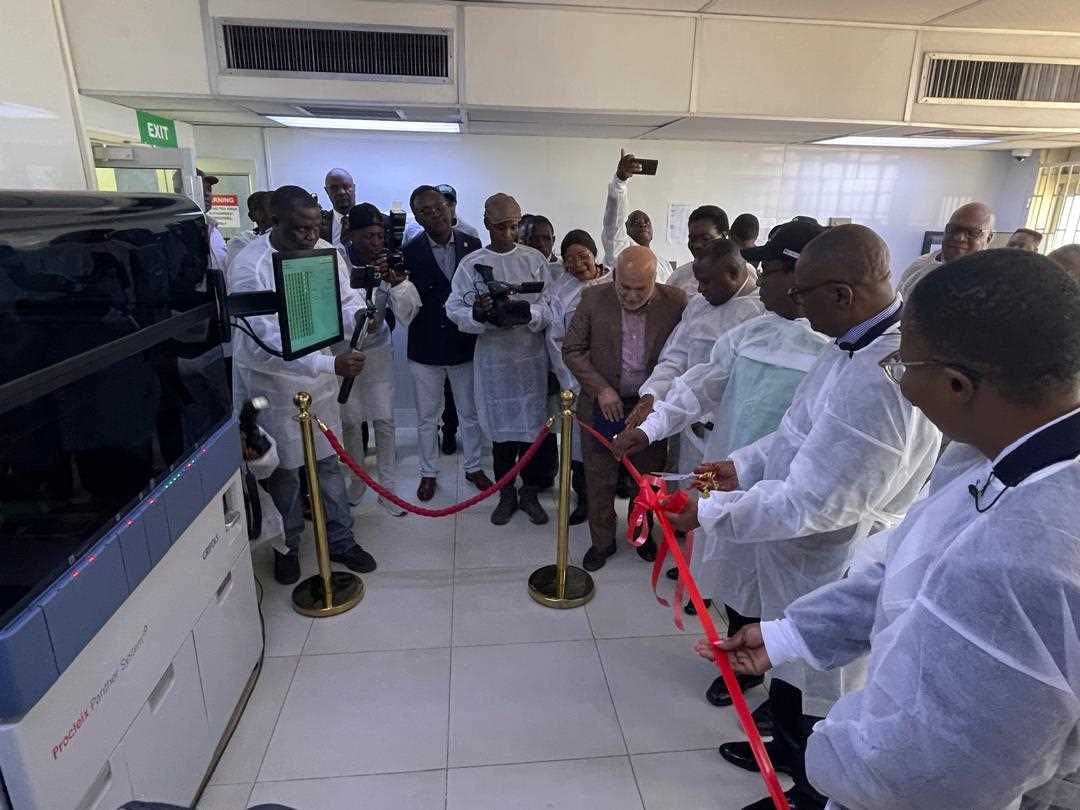
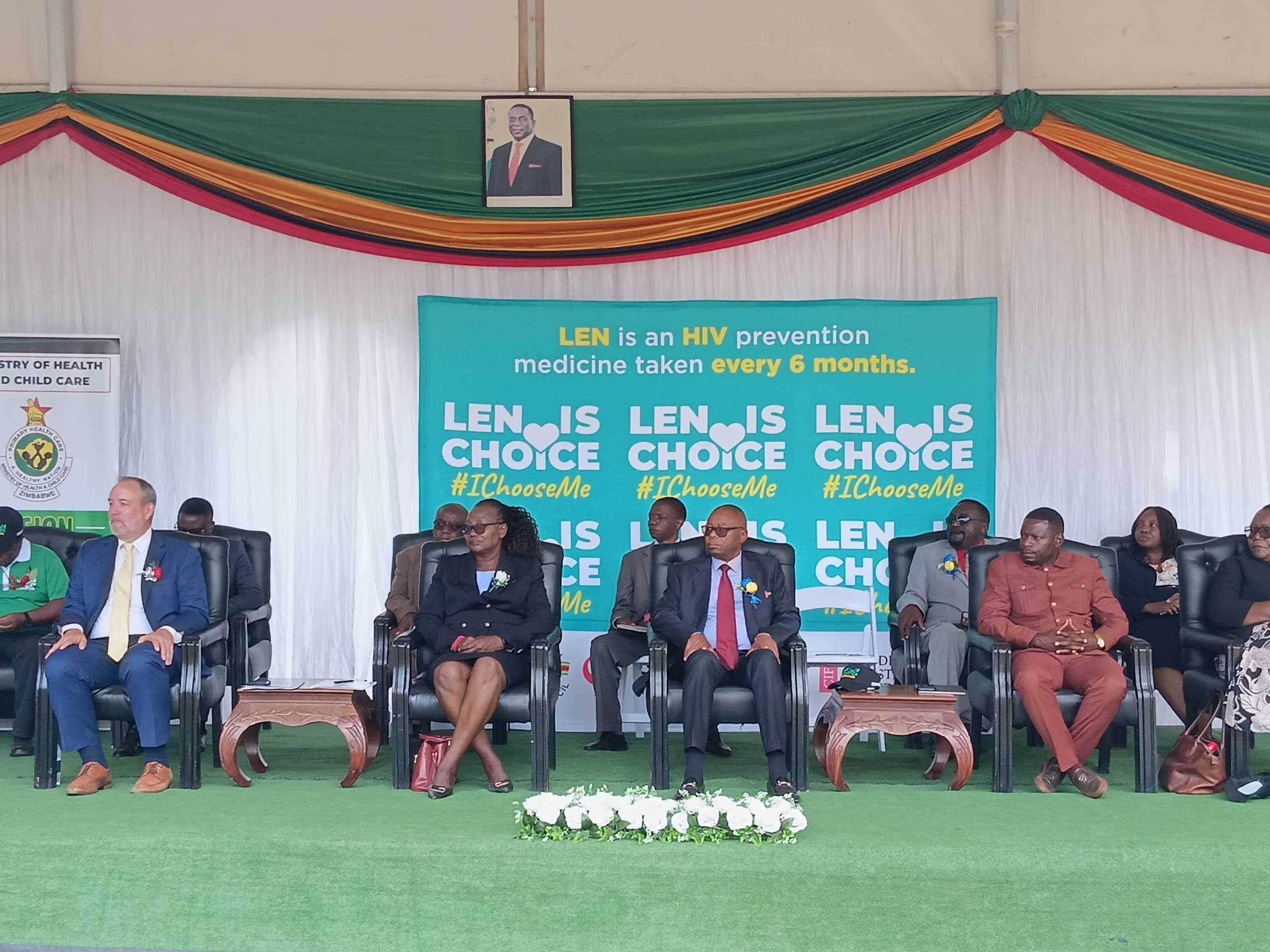




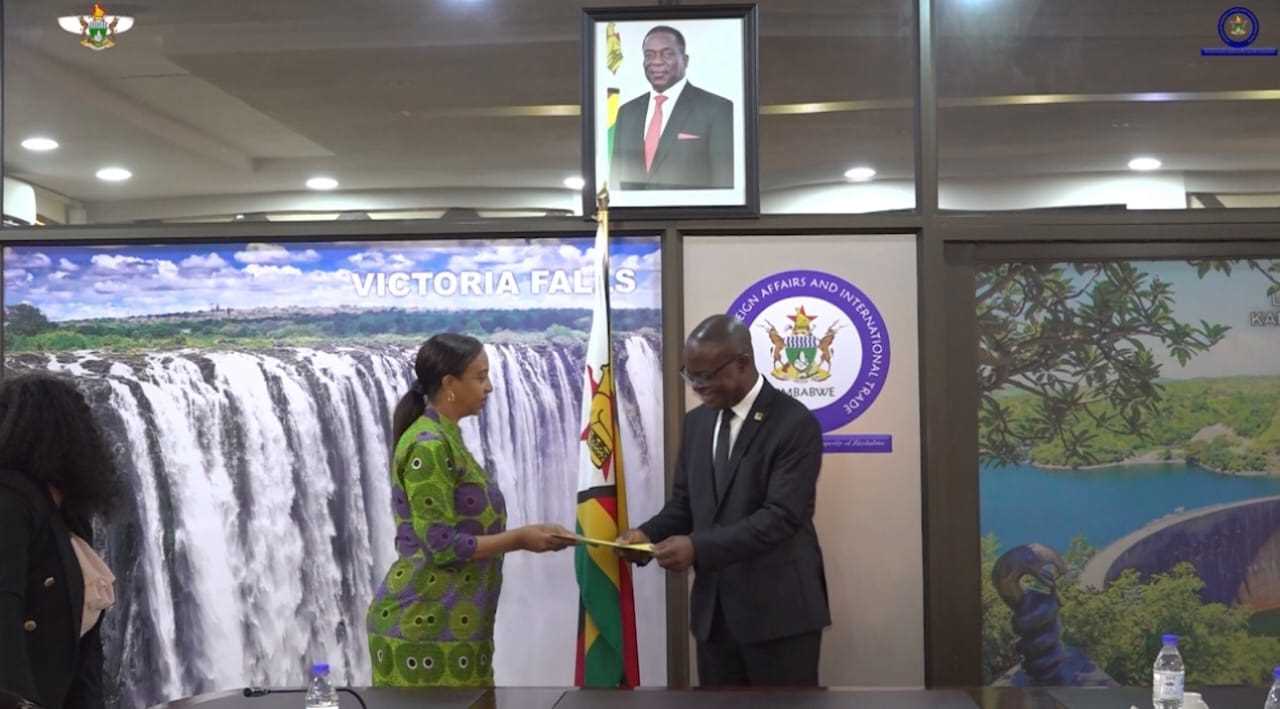
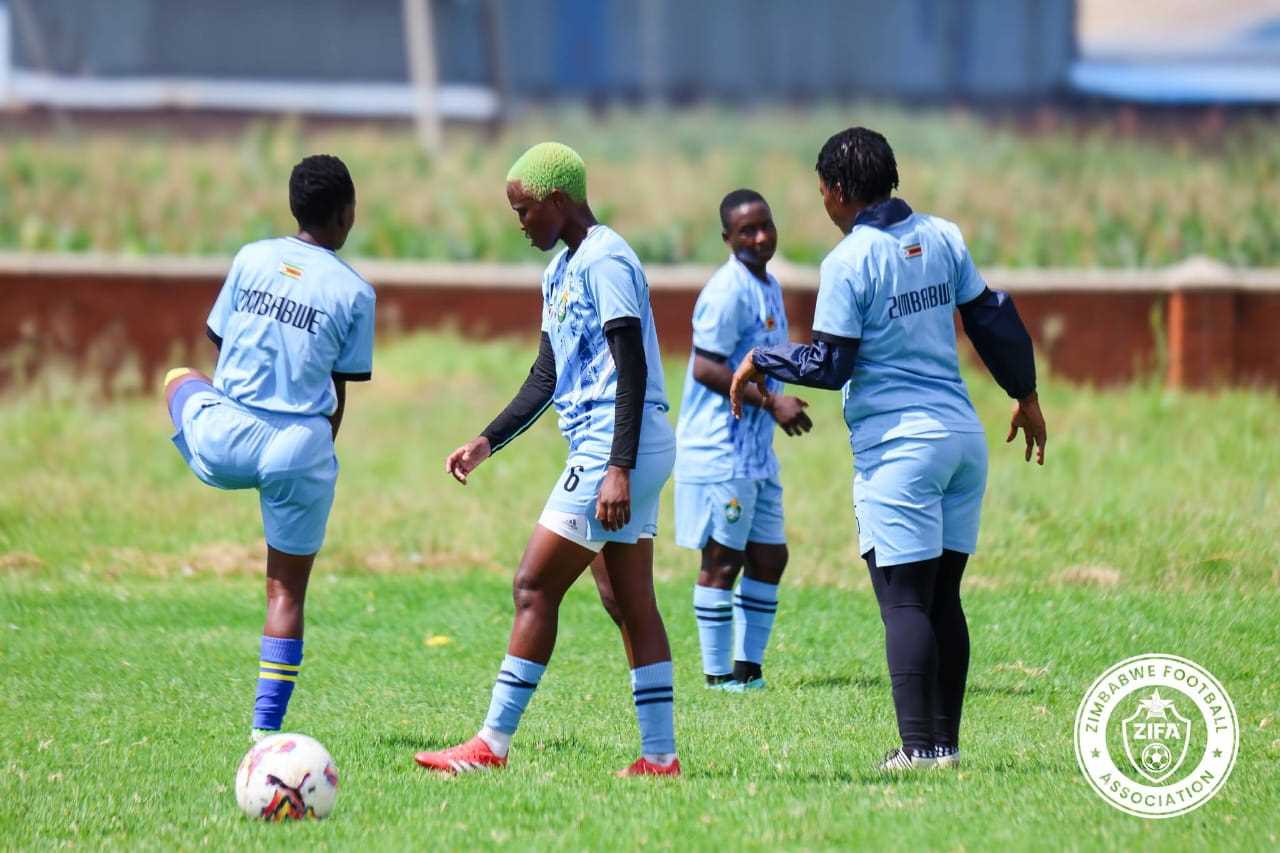


Leave Comments